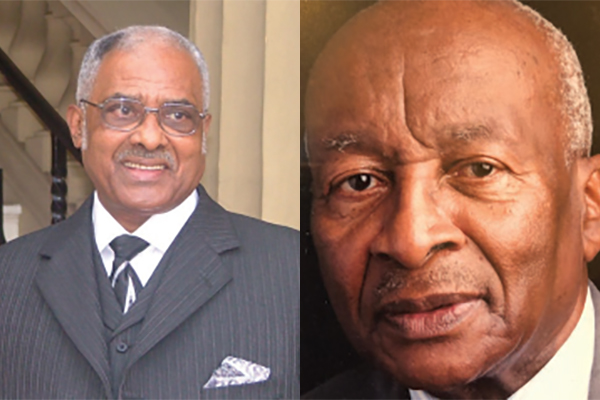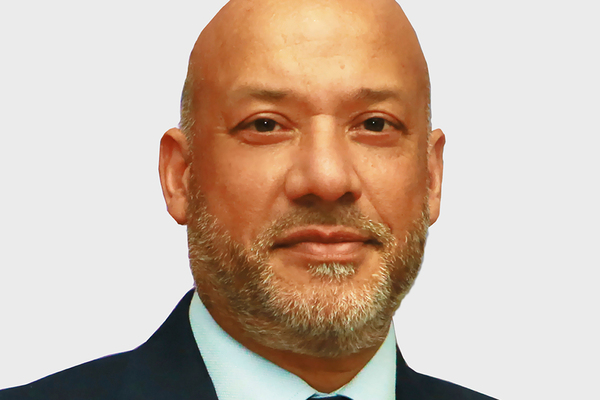You are viewing 1 of your 1 free articles
BAME communities have not been protected during the COVID-19 outbreak, say housing groups
The government has failed to take steps to protect BAME individuals during the coronavirus pandemic despite the virus disproportionately impacting these communities, sector leaders have said.
In a webinar, hosted by BME National and the Housing Diversity Network, discussing the relationship between housing and health during the crisis, sector figures suggested that the government must do more to protect BAME people.
Ali Akbor, chief executive of Unity Housing Association, said the recent Public Health England (PHE) report on COVID-19 deaths was “disheartening” because despite identifying a greater risk of death among BAME people, it failed to offer solutions.
Mr Akbor said: “The government has not protected BAME communities in the way that it should and could have done.”
He suggested that years of austerity and the subsequent weakening of public services impact BAME communities more, leaving them more vulnerable to coronavirus. He urged the government to invest proactively in future, rather than when a crisis occurs.
The PHE report, published last week, found that black men are 4.2 times more likely to die from COVID-19 than white men. The risk is also increased for people of Bangladeshi, Pakistani, Indian and mixed ethnic backgrounds.
Recent analysis by Inside Housing explored the link between coronavirus and overcrowded housing, which occurs disproportionately within Bangladeshi, Pakistani and black African households.
Fellow webinar panellist Llewellyn Graham, chief executive of Nehemiah Housing, said the disproportionate number of COVID-19 deaths in these communities is “inextricably linked to poverty which has been entrenched over generations”.
Mr Graham raised concerns about the longer-term impact on BAME communities, including “soaring” mental illness rates and mass unemployment among young black people.
He called on the government to provide priority testing and tracing for these communities as they have been hardest hit.
“I believe that we have had enough reports and research – now we need corrective actions,” Mr Graham said.
Mr Akbor suggested that the housing sector has “gone backwards” on issues of equality and said he thought that organisations had “taken their foot off the pedal” in striving for equality.











